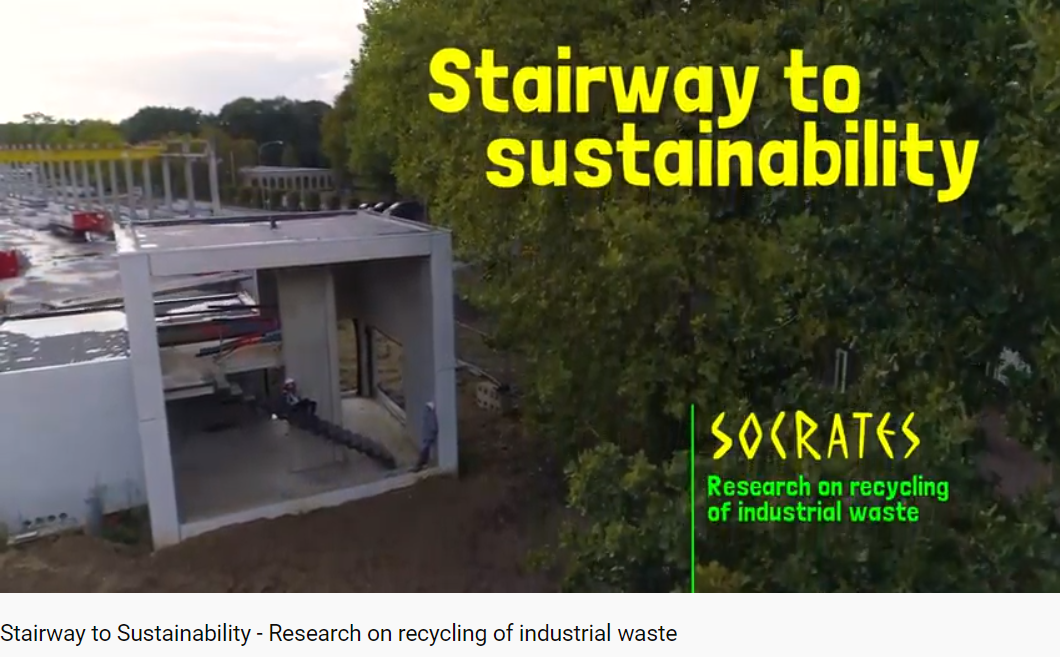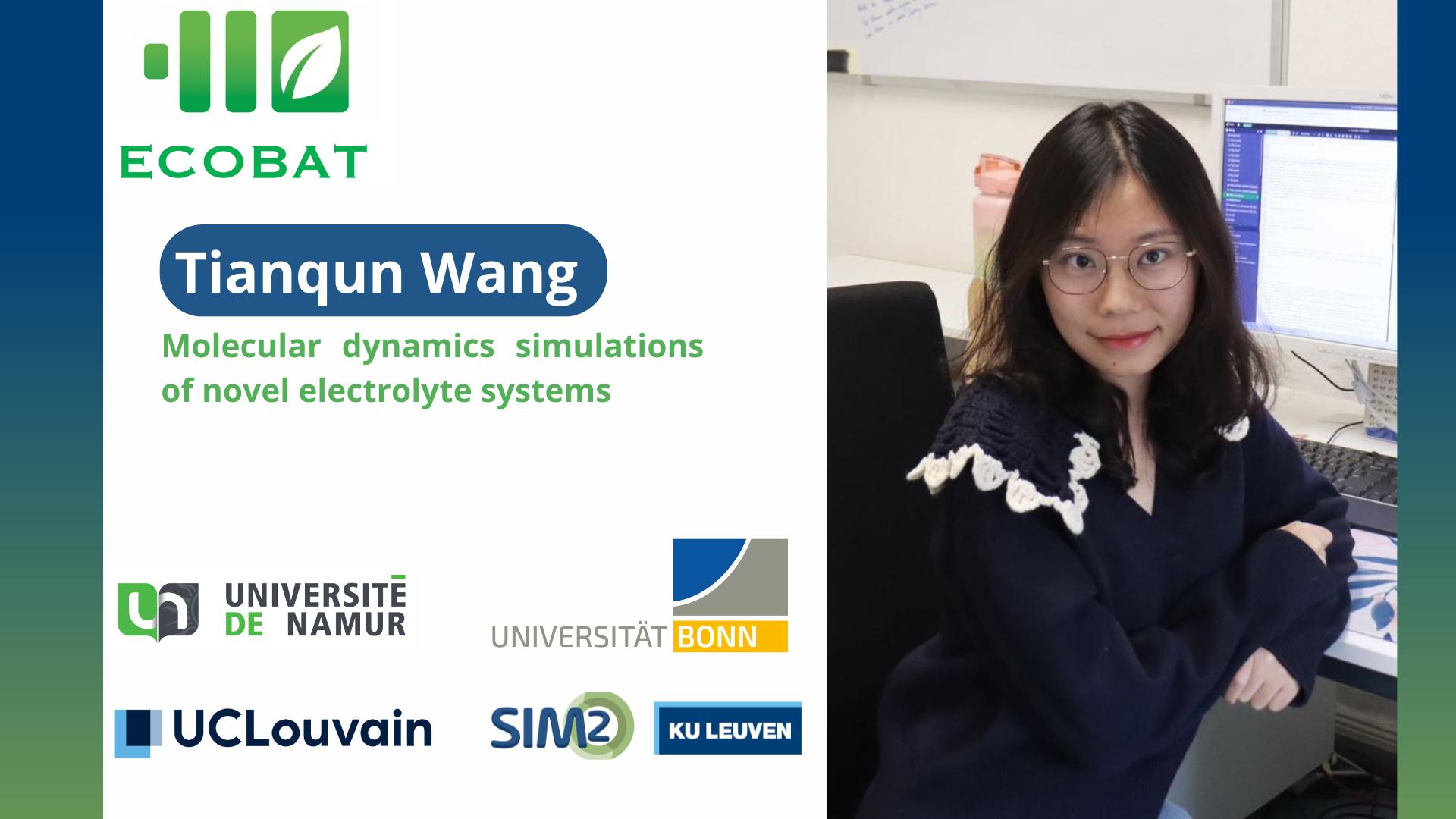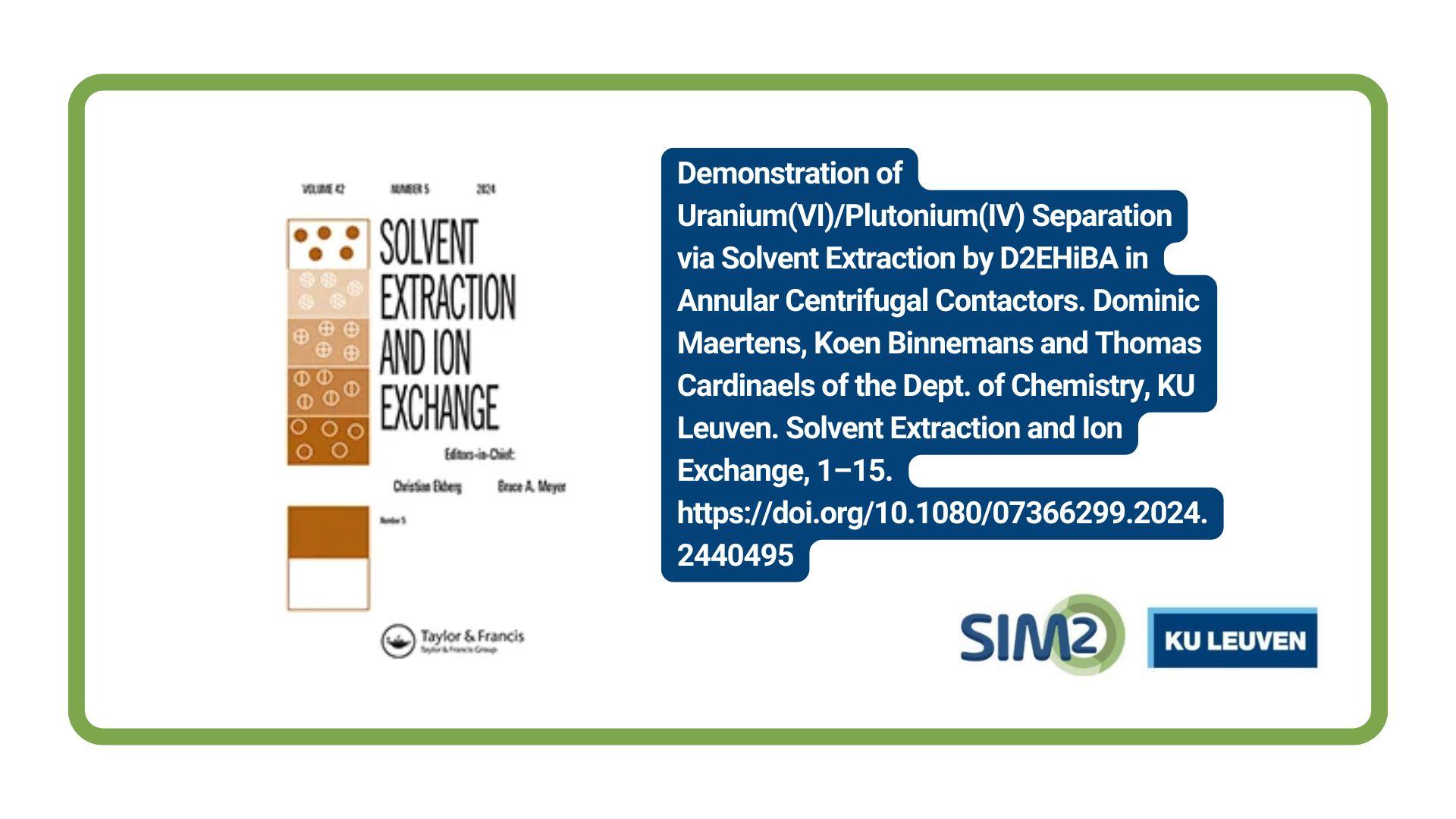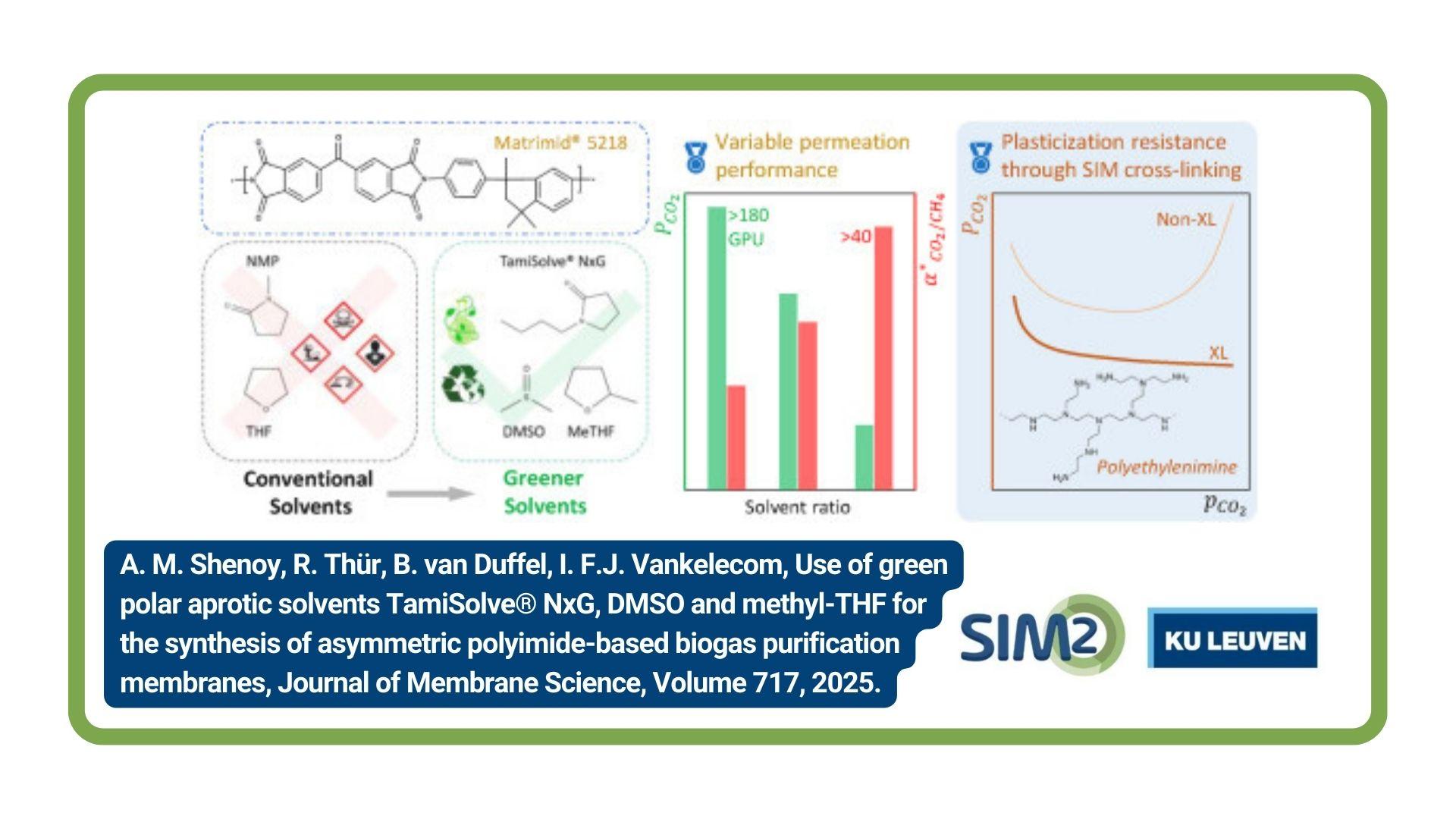In this 8-page document authored by the colleagues from Helmholtz Institute Freiberg for Resource Technology, ETN SOCRATES makes the case that the European metallurgical industries are the enablers for the realisation of the goals of the EU Green Deal and the Agenda 2030 for Sustainable Development.
The role of the metallurgical industry
The realisation of these goals requires a metallurgical industry that is even more resource-efficient, eco-friendly and responsible than it is today.
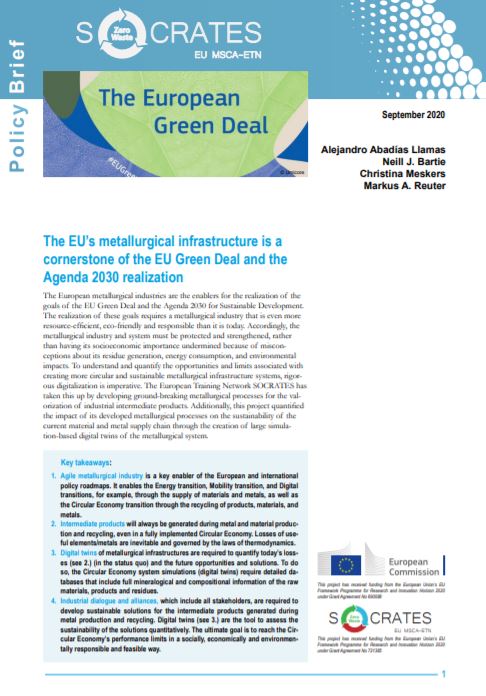
To understand and quantify the opportunities and limits associated with creating more circular and sustainable metallurgical infrastructure systems, rigorous digitalisation is imperative.
The European Training Network SOCRATES has taken this up by developing ground-breaking metallurgical processes for the valorisation of industrial intermediate products.
Additionally, this project quantified the impact of its developed metallurgical processes on the sustainability of the current material and metal supply chain through the creation of large simulation-based digital twins of the metallurgical system.
Takeaway messages
The key messages of this final ETN SOCRATES Policy Brief are:
- An agile metallurgical industry is a key enabler of the European and international policy roadmaps.
- Intermediate products will always be generated during metal and material production and recycling, even in a fully implemented Circular Economy.
- Digital twins of metallurgical infrastructures are required to quantify today’s losses (see 2.) (in the status quo) and the future opportunities and solutions.
- Industrial dialogue and alliances, which include all stakeholders, are required to develop sustainable solutions for the intermediate products generated during metal production and recycling. Digital twins (see 3.) are the tool to assess the sustainability of the solutions quantitatively.
DOWNLOAD FINAL EU MSCA-ETN SOCRATES POLICY BRIEF HERE
Previous SOCRATES Policy Briefs
Over the past 4 years SOCRATES has interacted with the realms of national and EU policy making, in support of the transition towards zero-waste metallurgy, while contributing to the grand societal challenge to make Europe’s economy climate-neutral and circular. The previous SOCRATES Policy Briefs are:
- Overcoming challenges in the circular economy (January 2018)
- The Social License to Operate for mining and recycling of critical metals (March 2018)
- Lead metallurgy is fundamental to the circular economy (February 2019)



